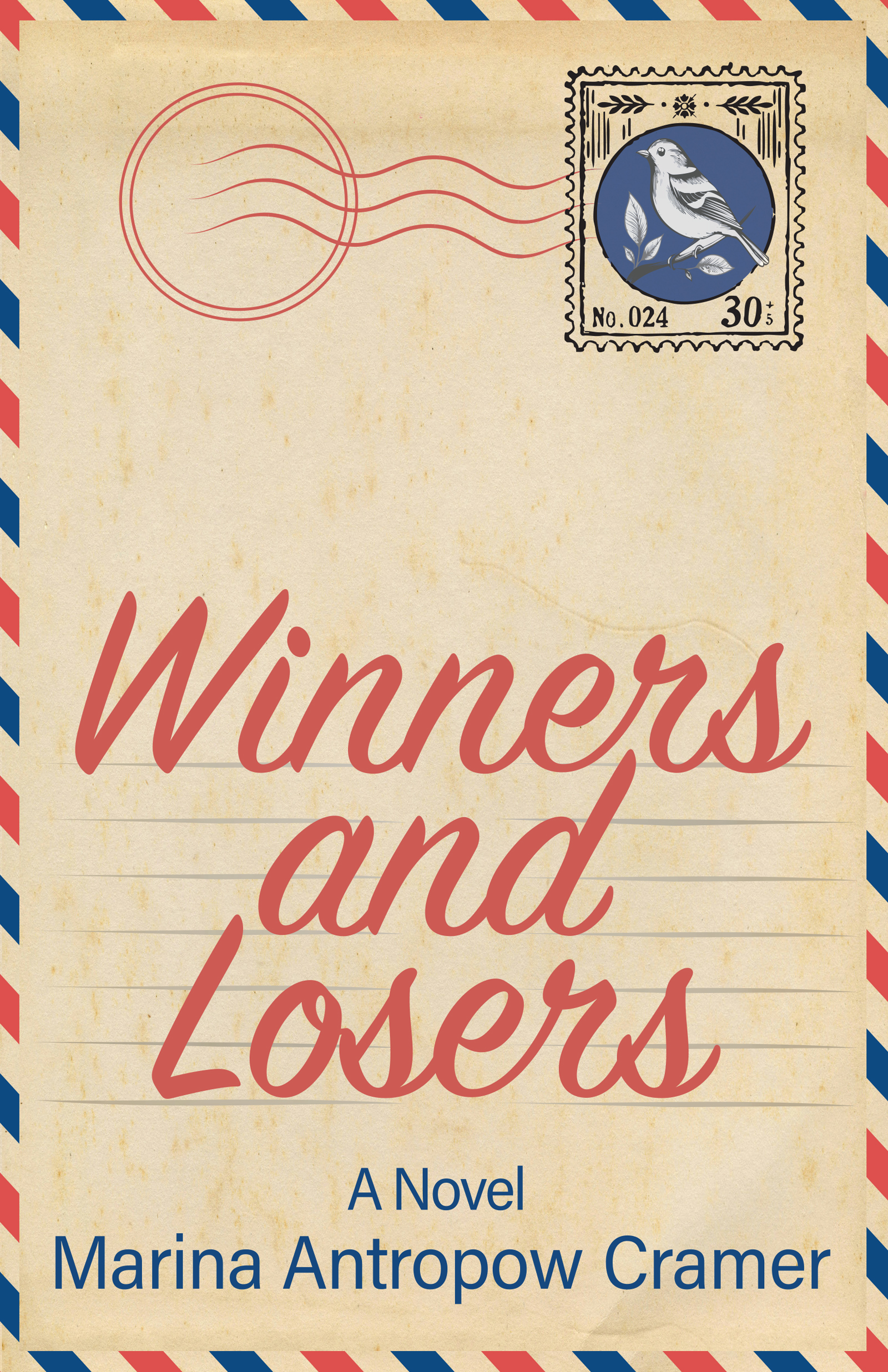Cleary’s How To Survive A Breakup: (When all of your friends are birthing their second child) is her snarky and mostly awkward account of her meltdown over a mass layoff, a breakup after three years, and two moves – all within three months. Lisa discusses the truth of a breakup at an age when others are settling down — or, in her case, are pregnant with their second child.
Q: As a reader, were self-help and motivational/lifestyle books the genre you gravitated towards? Why or why not?
A: I’ve always been interested in self-help, because I’m constantly wanting to improve myself. I’m also a self-help writer, so it’s natural for me to read titles within the industry.
Unfortunately, traditional self-help can urge you to “just get happy,” and people are left wondering what’s wrong when they don’t experience explosive high after explosive high in life. I’m a firm believer that self-care is not the equivalent of a spa day. And so I took a break from those sorts of titles and now only read pieces from snarkier authors, because they share authentic, realistically applicable tips on self-improvement.
Q: What drove you to write this self-help/memoir?
A: I went through a pretty tumultuous breakup at 31 years old and, at the time, I was a never-married female and one without children. I suddenly faced a stigma in every facet of my life as a single female — people seemed so focused on asking if I were married and had children, and the emphasis on being “incomplete” was constantly shoved down my throat. But no one applauded me for taking a stand to define my own happiness, and I needed to write on my experiences to help others feel less alone in my same situation. Ditch the toxic milestone mentality. Define your own happiness. I promise you, you will receive great returns — but you have to believe in yourself first.
Q: What was your favorite part about writing the book?
A: I’d be lying if I said I enjoyed every minute of it. My favorite part — well, the day after I finished the book, I was so, so proud of myself and gave myself the day to soak in my accomplishment. That same day, my hot water heater broke and flooded my basement, and I completely forgot about completing a life goal — hah. Getting the book deal and seeing my book on Amazon…they were two very emotional moments that many may not experience and I’m humbled by opportunity.
Q: Who is your biggest inspiration and why?
A: My parents, hands down. I was raised in a structured household with a very, very strong work ethic. When I was in elementary school, my mom recognized my reading and writing skills, and had my teachers form special reading groups for me — so that I didn’t settle into complacency. My dad worked at and excelled in the same job for 45 years, and he gave me the tools to succeed when needed but never tolerated codependency. I could have easily grown up with a spoiled air of entitlement, but I was raised that entitlement is only earned through hard work.
Q: When did you first realize you wanted to write your memoir?
A: About two months after my breakup, one day…I just got a very clear, emotional pull toward writing it. Later that night, I woke up and got an even stronger feeling that I needed to go through with it, and I started an outline the next day.
Q: What was the biggest challenge you had to face while writing How to Survive a Breakup?
A: Time! I needed to maximize the time that I had to myself, because responsibilities add up when you become older. I learned the power of saying no to others to make more of my own time and to commit to myself to write. That’s harder than it seems when you’re a people pleaser. It was disappointing to have a few friendships fall off, although most of my friends lifted me up every step of the way.
Q: Did the writing process help you cope with some of the things you were struggling with?
A: It did and I deleted a lot of what I initially had to say, because I was very angry at the time…and so I sounded angry. I didn’t want to sound like that. When I started writing with hatred for myself and the issues I had to face, I added in chapters because I realized that I had so much more to process. In some ways, writing the book prolonged me getting over my own breakup, because writing is a slow process for me. But by the end, I had thoroughly processed every issue of mine, including ones beyond my breakup. My breakup was just the tip of the iceberg for me and writing my book uncovered how I needed to work toward my own happiness.
Q: One of the things that you discuss in the book is that you felt somewhat hypocritical being a happiness and lifestyle writer for various outlets while you yourself were struggling with some major life changes. While you were in the process of writing the book, did you a more realistic or less of a “cheerleader mantra” approach in your other work? If yes, how so?
A: I wrote How to Survive a Breakup with a really snarky tone, because that’s just my personality — I’m dry and sarcastic. This book was the first in-depth piece that I wrote about myself, and so I naturally had to let my tough-love, self-deprecating personality show in my writing. While I was writing the book, I didn’t freelance much, and so I almost immediately discontinued my earlier, much peppier writing style.
Q: What is one piece of advice you would give to people who are struggling in their day-to-day lives?
A: My answer is in two parts:
1) You are in control of defining your own happiness. We all feel like we’re not where we should be, or that we’re not good enough. But it’s really, really important to work on ditching the toxic milestone mentality. Even if you’re married and with kids, which are the imposed societal goals for women — you will never be enough and you will never have enough with a comparison-oriented mindset. Push back against toxic dialogue. Evaluate your friends and people in your life. Learn to reshift conversations.
2) Recognize that you are not alone. That mentality will help you improve your life in incremental steps, I promise you.
Q: You have worked incredibly hard building a brand for yourself. Are you going to use your platforms to continue to motivate others? If so, how?
A: Thank you! Infomercial alert: I’ll be blogging on www.LisaCleary.com, which will go through a refresh by mid-March 2020, and I’m currently writing for a variety of platforms — you’ll see! I’m building my Instagram @lisacleary3 — and pitching a children’s book that I wrote with my mom, as well as writing my second book.
My mission is to share my tough-love version of happiness, which requires hard work. If I can motivate people by sharing my mistakes and reminding people that we’re human, then my job’s done!

